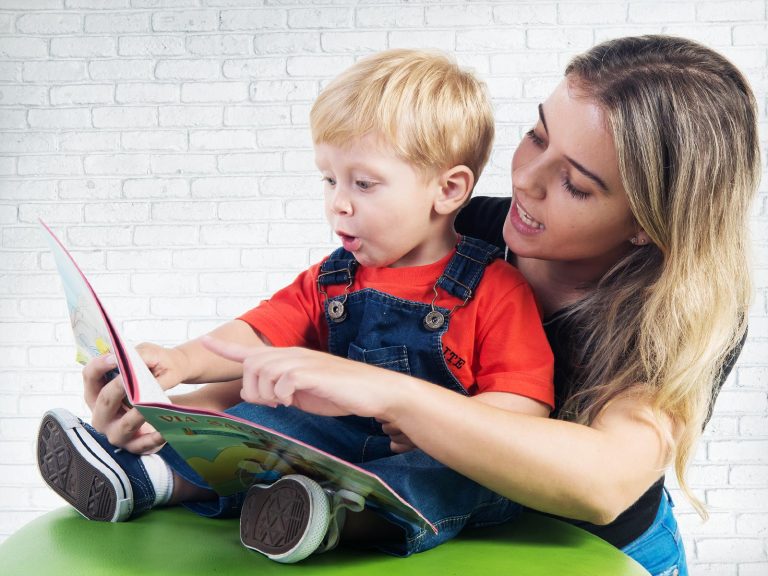What is the influence of uncles and aunts in the education of a child and what care should be taken?
The arrival of a baby is usually a reason for much celebration and high expectations among all the family, especially the closest ones. Between the waits that involve the arrival of the new member of the family , there is the anxiety not only of the parents, but also of the grandparents, uncles and aunts.
Many say that love for a nephew/niece is something extraordinary, an event of great joy and the realization of a dream also for the siblings of the parents of this new baby. But what, in effect, is the influence of uncles and aunts in the education of a child and what care should be taken?

Illustrative photo: Wesley Almeida / cancaonova.com
Because she does not live daily with the child , an aunt does not have the weight of the routine and the disciplinary tasks that should guide the growth of a child, because these activities more routine end up being for the parents. However, the extended family ( grandparents, aunts and uncles) also have a large share of responsibility for child care. An uncle, for example, can take advantage of the lightness of this non-daily relationship to guide, advise and encourage the child to have the bases that the parents propose.
For this it is important to know these bases to respect the orientations of the parents of the child and not to present important contradictions in the first years of life of this one that has its own time of assimilation and processing of the information that receives. When the nephew grows older and has his own questions, the uncles will be able to help him build his answers and expand his field of vision and values on the world.
It is very important to be aware that parents are the highest authority over the child, and this must be respected. Therefore, criticisms of parents, the way they educate, and those such advice that many like to offer, should be made directly to them – without the presence of the child – and in a gentle manner when requested.
It is clear that we are not talking here about cases involving abuse (physical, emotional and sexual) that should be denounced for the protection of the child. What we are opening here is the extended family routine and how to provide the child with a healthy and respectful family environment. According to the systemic theory of family constellations, respect for the hierarchy is fundamental for the family to follow in a functional and peaceful way.
For this, it is important to recognize once again that parental authority is the first, the maxim over children, overlapping the authority of uncles and grandparents. Obviously, this does not mean that the child does not respect and obey the adults from inside and outside the family, and this should be an important value given by the parents themselves.
In short, a child born in a harmonious and respectful family tends to follow the pattern that is manifested around them and, if properly oriented, without violence and love, ends up being a source of joy , pride and unity among the members of this family.
In this, the uncles and aunts have much to contribute! Again: because they are not so involved in the routine of the child, they can look outside of some important characteristics that the parents themselves do not see, and thus contribute to the child’s growth and enjoy this relationship that can be very beneficial and for everyone.

